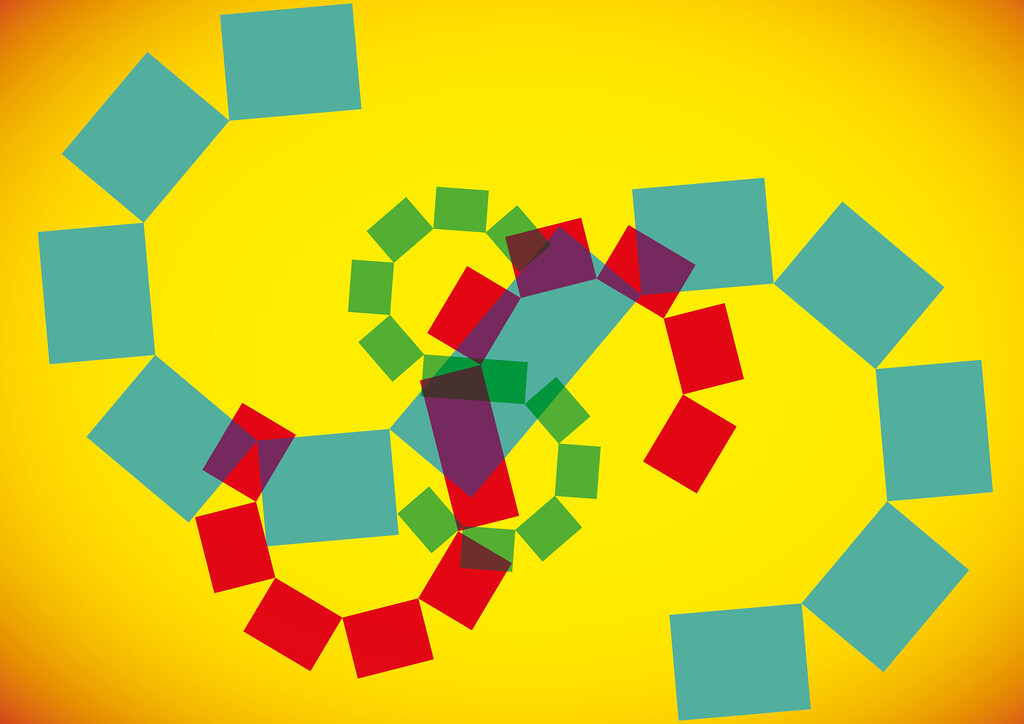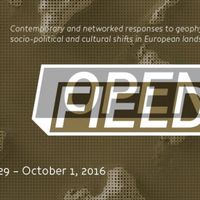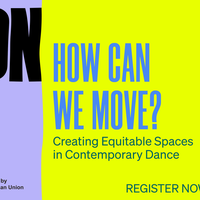Situated Knowledges—Art and Curating on the Move - online conference

Zurich University of the Arts (ZHdK) announces a parallel conference and workshop event of the Shared Campus takes place 25-27 June at Tai Kwun Contemporary, Hong Kong (on-site) and Migros Museum für Gegenwartskunst, Zurich (online).
The conference invites artists, curators, educators, and scholars from the Shared Campus partners and beyond to engage in this programme of public talks and discussions as well as participatory Zoom workshops.
Registration for the online conference is open until 15 June
The term “situated knowledges” coined by Donna Haraway is a central topic in her concept of feminist objectivity. In her much-cited essay “Situated Knowledges: The Science Question in Feminism and the Privilege of Partial Perspective” (1988), Haraway assumes that all scientific knowledge is fundamentally conditional. For this reason, the concept of Situated Knowledge incorporates the social location and contextual advantages of the researcher into the research process. Against an assumption of an apparently neutral and unmediated knowledge of the (male, white) Western idea of science and its representation through overview visualization techniques, Haraway develops her concept of embodied knowledges by drawing on a description of the eye and “vision” (in the broad real and metaphorical sense). There is no such thing as unconditional observation, she argues, because every “acquisition of knowledge” takes place in a dynamic “apparatus of bodily production.”
Led by Professor Dr. Dorothee Richter (ZHdK), Dr. Cedric Maridet (HKBU).
Organisation: Ronald Kolb (ZHdK).
Curating on the Move is a travelling international curatorial workshop and part of Shared Campus activities.
Register to the webinar here.
Workshop registration open until June 15, 2021. Limited numbers of participants.
Similar content
from - to
29 Oct 2016 - 02 Nov 2016
from - to
13 Apr 2016 - 12 Apr 2017
from - to
19 Oct 2017 - 21 Oct 2017
31 Jan 2015
from - to
22 Nov 2023 - 22 Nov 2023




